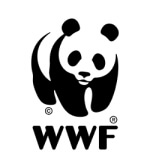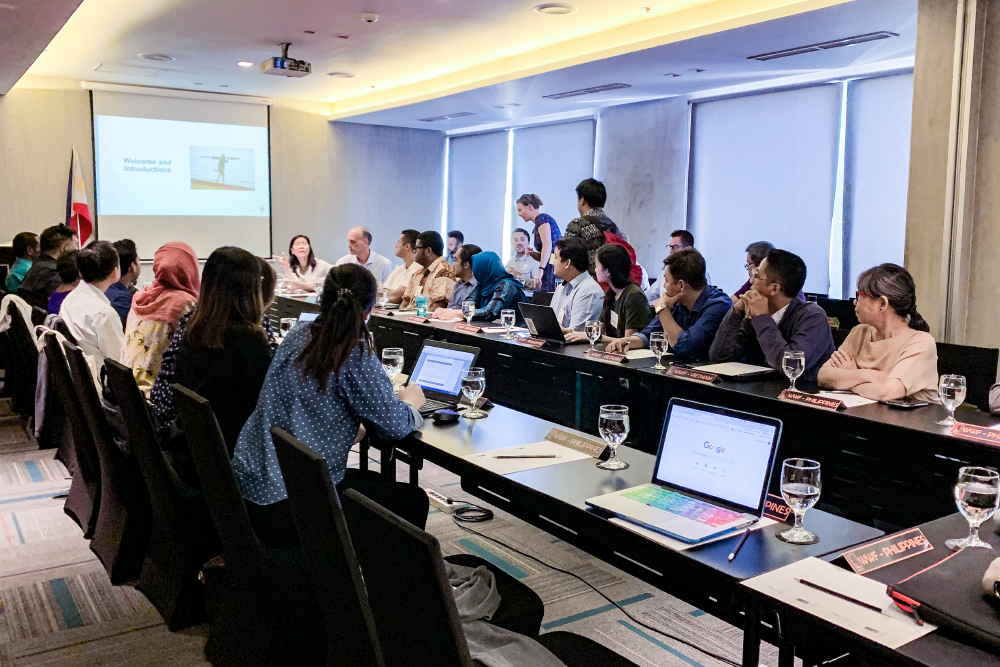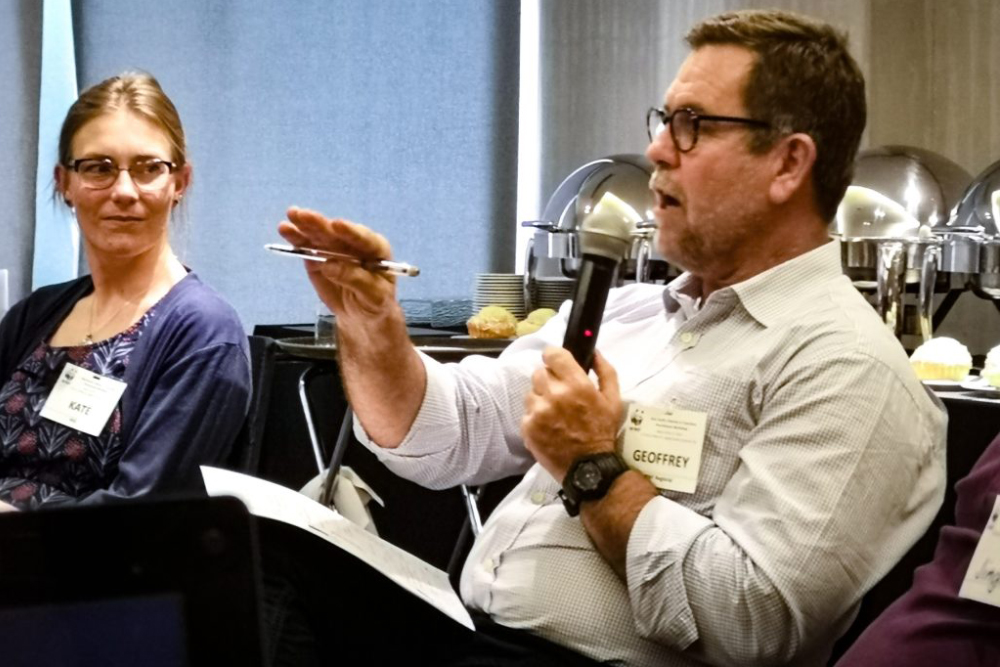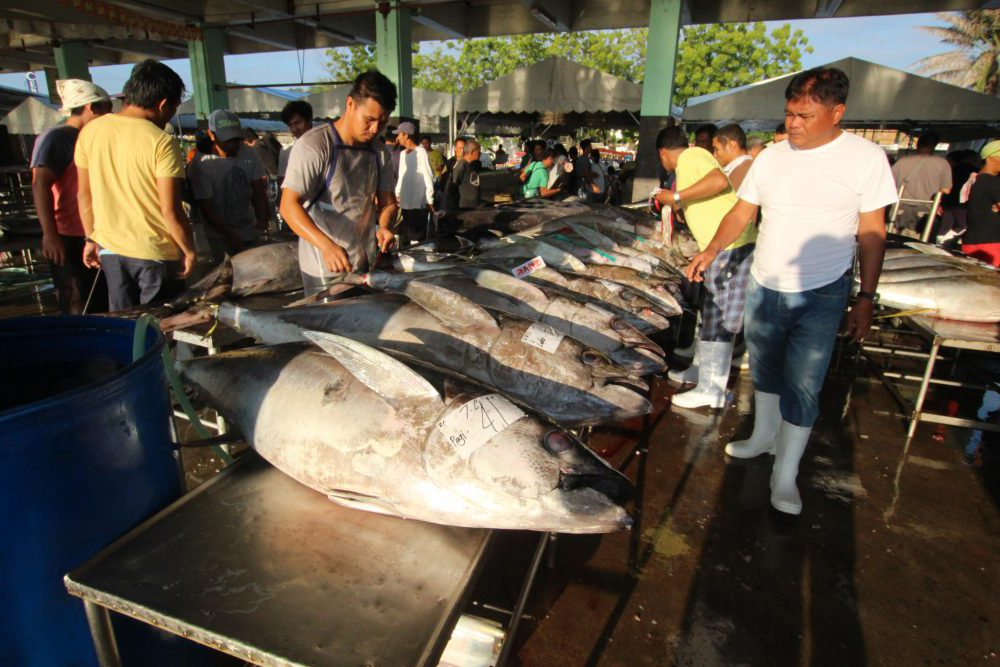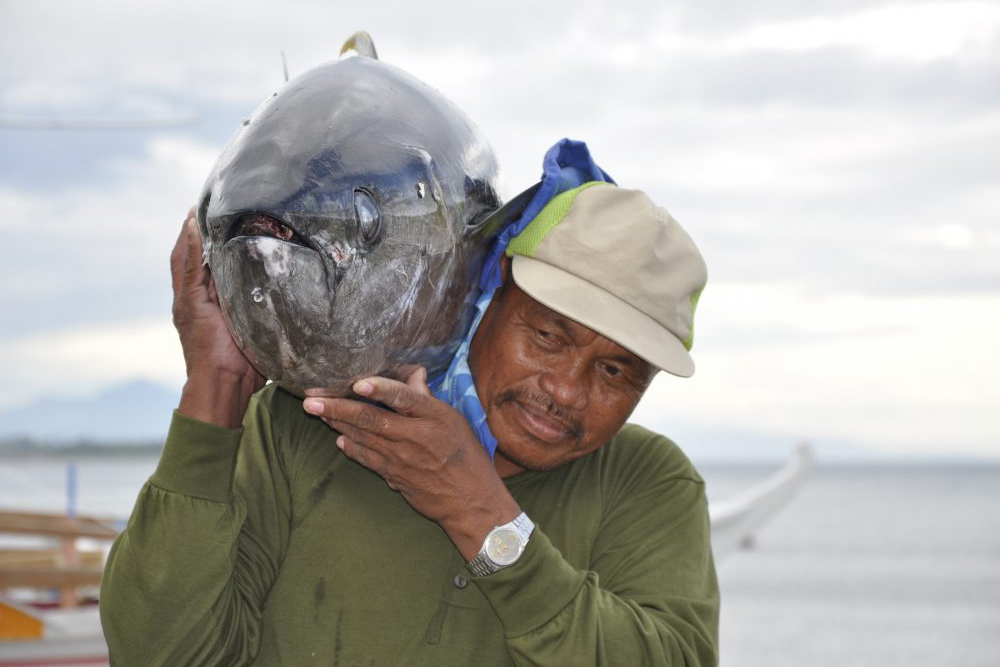On the 26th and 27th of March, World Wide Fund for Nature (WWF) offices from across the Asia Pacific (APAC) region came together for the Asia Pacific Fisheries in Transition (APAC FIT) Practitioners Workshop held in B Hotel, Quezon City.
Fisheries Improvement Projects (FIPs) are conservation efforts designed to create sustainable fisheries that are able to endure market pressures and fishing activities without collapsing. For the sake of both biodiversity and local livelihoods, WWF has been championing FIPs in an effort to improve fisheries all across the globe. The Practitioners Workshop served as an avenue for FIP teams to share best practices in fishery management while exploring possible opportunities and discussing existing threats and barriers.
“It’s FIP fever. Everyone’s into FIPs right now,” said Raisa Pandan, WWF-Philippines Fish Forward Project Officer as she pertains to how governments across the region have begun investing in FIPs spurred on by increasing international support for the conservation of fisheries.
“We appreciate that the diversity of the network makes it quite difficult to make a guideline that fits everyone,” said Geoffrey Mouldoon, WWF Coral Triangle Senior Manager of Business and Industry. Through shared learning exercises the WWF network hopes to arrive at a uniform FIP model. Differences in local contexts have made this difficult, however.
WWF is also looking to change its involvement in FIPs. Where before it was businesses and third parties that assigned the location of FIPs, WWF wants to be able to select areas, with businesses supporting these efforts. Through this, the organization hopes to be able to develop FIPs through more scientific means.
While international support for FIPs has grown, work has to be done to help roll out, manage and maintain these projects. Issues were raised regarding the traceability of tuna catches and how FIPs would be financed, as well as how markets would be made aware of FIP products and how the effects of these projects would be felt by the networks’ communities. The network looks to address this through further workshops and by opening up platforms for cross-learning within the region, with efforts to address each specific issue.
“One of our strengths as WWF is how flexible and diverse we are, and one of our weaknesses is how flexible and diverse we are,” remarked Muldoon in jest as he explained the difficulties in having a single FIP framework for a diverse set of countries.
“It’s not just about the environment and the fish. It’s all about the lives of our fishers, that matters most to us,” stressed Joann P. Binondo, the Overall Project Manager of Sustainable Tuna Partnership (STP), stressing the reason why WWF first began work on FIPs. Steam has gathered behind FIP, and countries all across the APAC region, and their markets all across the globe, have shown interest in these projects. The challenge now is to translate this interest into sustainable actions for markets and fishermen alike as the WWF network expands its reach and impact on the world’s fisheries.
Findings from the APAC FIT workshop were presented at a Coral Triangle Governance Team meeting held in Kuala Lumpur on the 1st of May.

